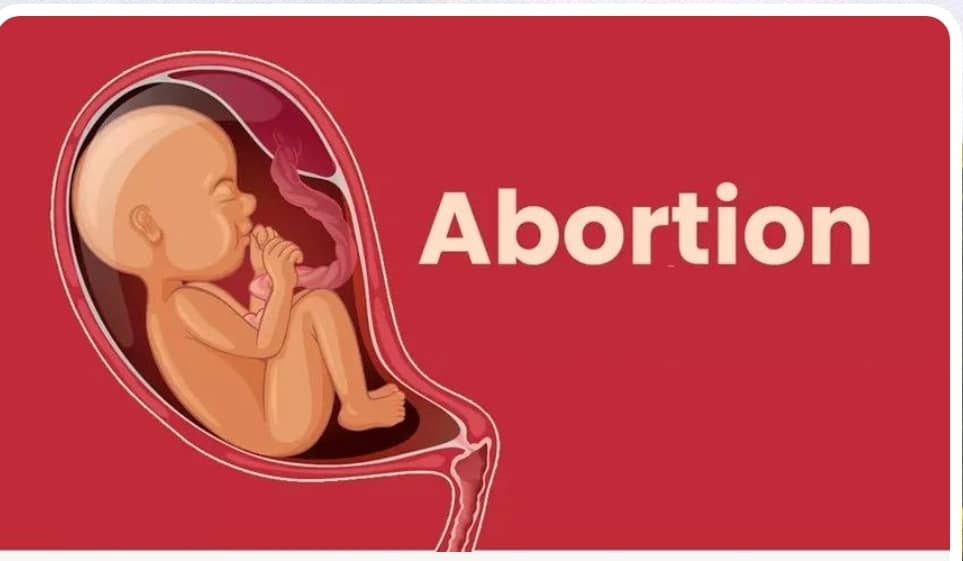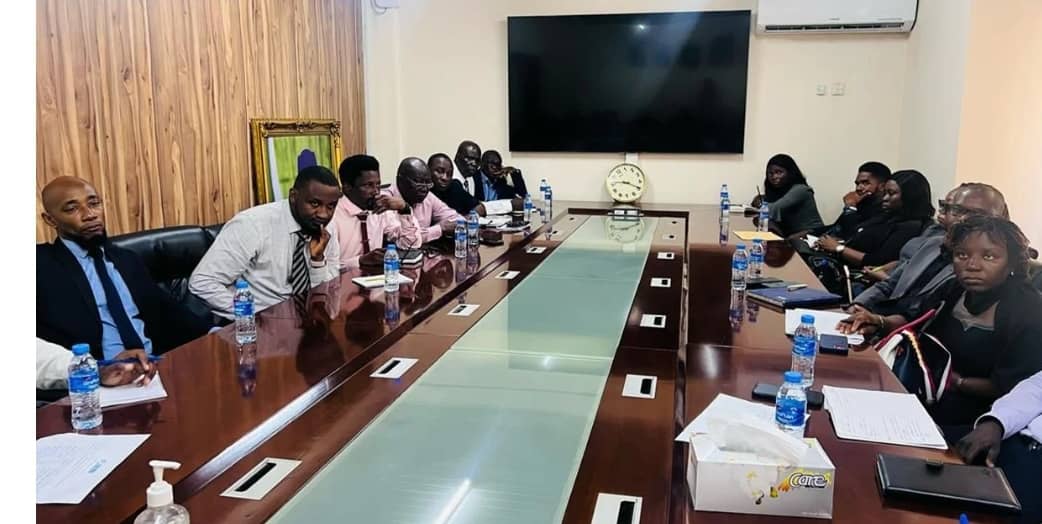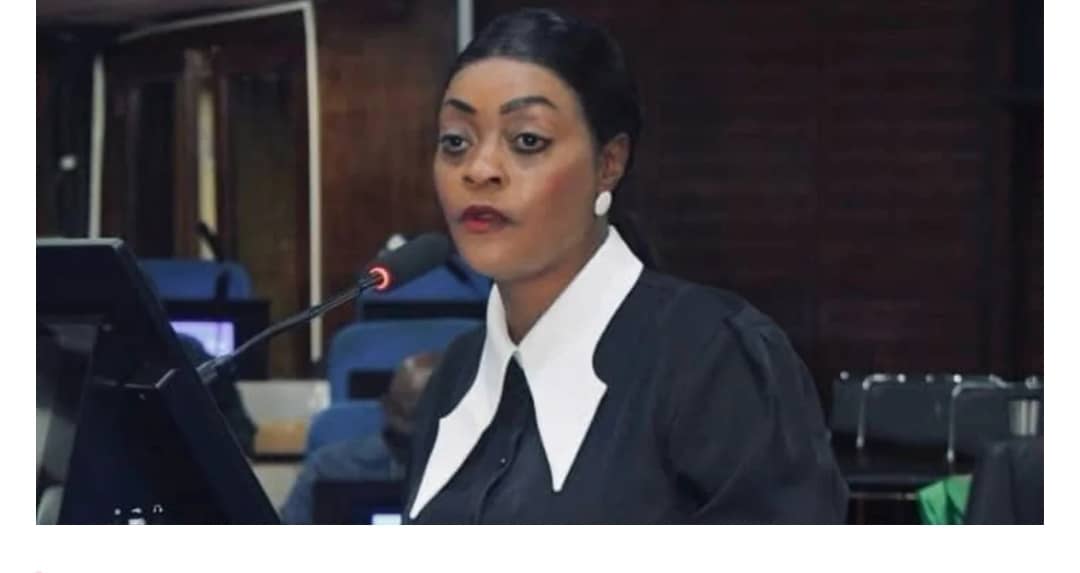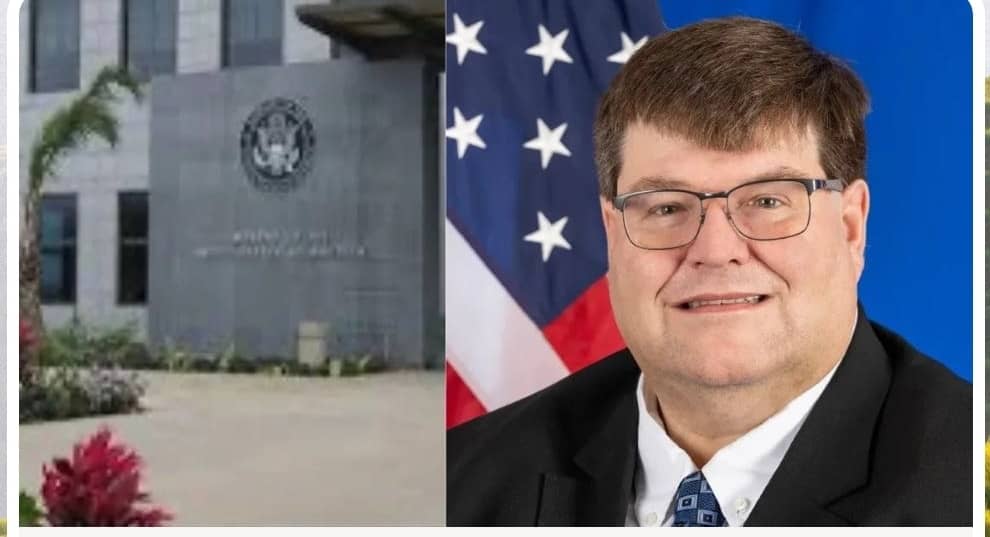By: Saidu Jalloh reporter D.S
As the debate intensifies over the Safe Motherhood and Reproductive Rights Bill, the Telescope newspaper took to the streets to gather public opinions on this sensitive issue. The bill, aimed at regulating abortion under specific circumstances, has sparked significant discussion among various community members.
One respondent, Mabinty Kamara, a mother of two, expressed her belief that the bill is significant, stating, “For the government to come forward and propose a bill is important. It could help address the issue openly, encouraging people to think about the implications and perhaps reduce the number of unsafe abortions.” Her perspective underscores the need for transparency and dialogue on such a critical topic.
Aminata Bangura, another interviewee, emphasized the importance of public education regarding the bill. She stated, “This is an important bill that needs to be enacted. However, the government should take the time to explain to the public how this will work.” Aminata’s call for awareness highlights the necessity of informing citizens about their rights and options concerning reproductive health.
Henrietta Foday, a teacher who suggested that the government should issue press releases and hold community meetings to clarify the bill’s provisions, especially for young individuals and their parents.
She further stressed that while the bill is a step in the right direction, there must be a clear understanding of who should seek an abortion and under what circumstances. “Not everyone should pursue this option simply because they feel like it,” she remarked. This sentiment reflects a desire for a more nuanced understanding of reproductive rights, particularly among the youth.
Additionally, concerns were raised about the prevalence of unsafe abortions occurring in pharmacies or hidden locations, prompting questions about what measures the government has implemented to eradicate such practices.
The Inter-Religious Council has also weighed in on the debate, emphasizing the need for ongoing dialogue and education, thus Council leaders have called for the government to engage with the public to clarify the bill’s provisions and alleviate fears and misconceptions. They believe that fostering open communication will be essential in addressing the community’s concerns regarding reproductive health and rights.
As discussions continue between the government and the Inter-Religious Council, the public remains divided on the bill. Supporters advocate for the health and safety of women, while opponents express concerns rooted in moral and cultural values. This complex debate reveals the importance of ensuring that all voices are heard in shaping the future of reproductive legislation in Sierra Leone.
Moving forward, it is clear that the path to consensus will require careful consideration and collaboration. The government must balance diverse perspectives while addressing the pressing health needs of women in the country. As the discourse progresses, there is hope that a comprehensive approach can emerge—one that respects cultural values while safeguarding the rights of individuals seeking reproductive health care.






